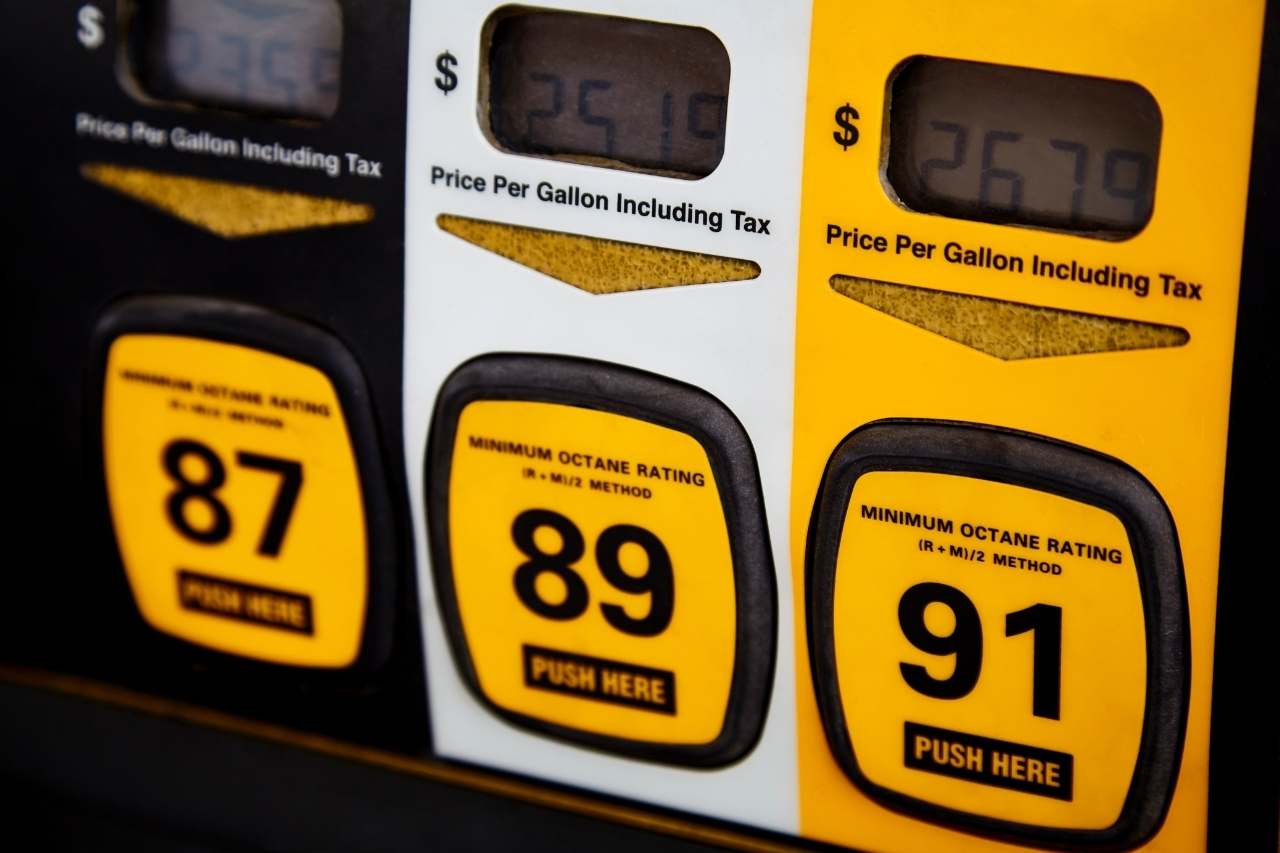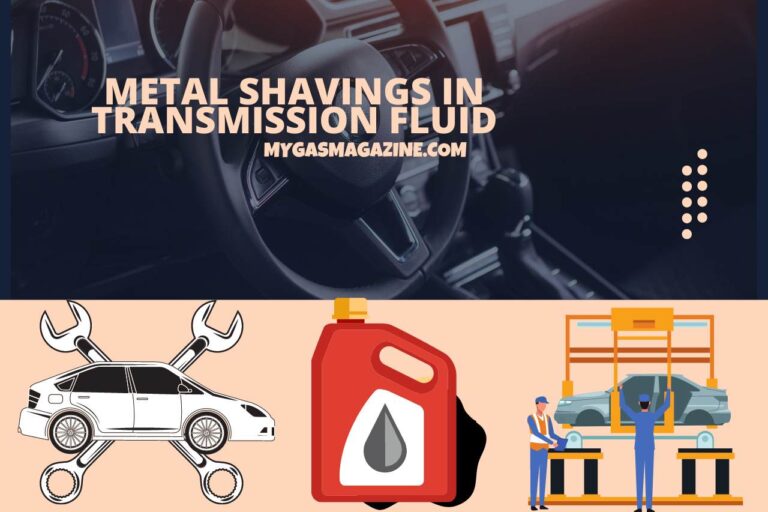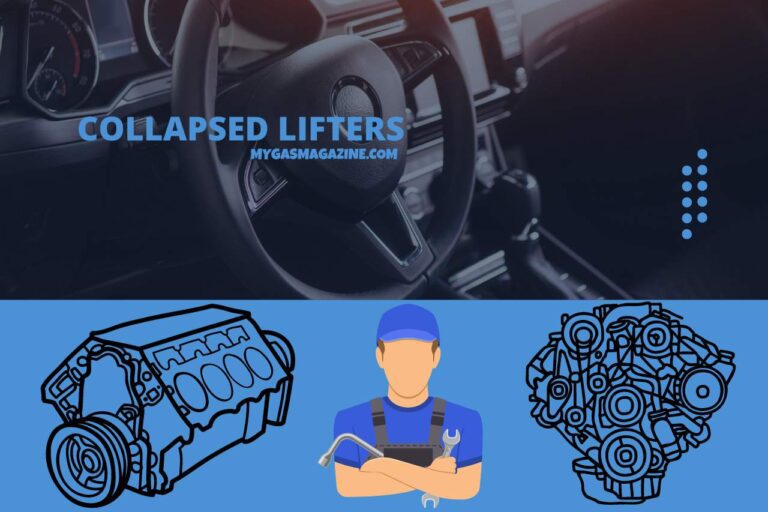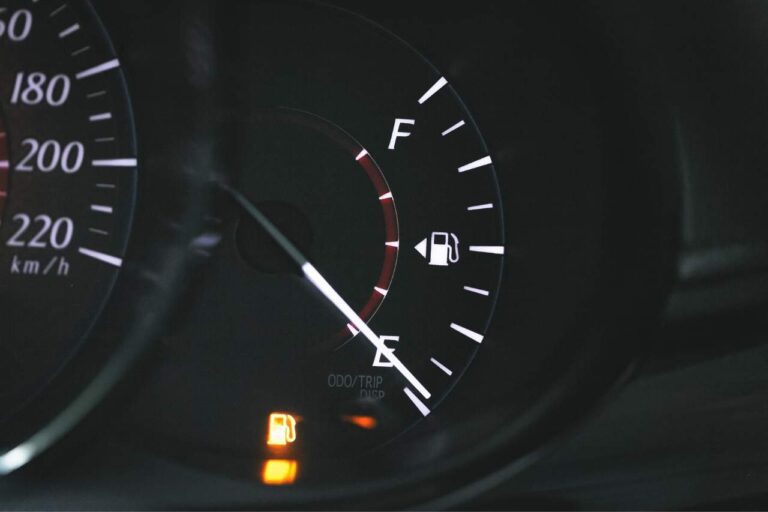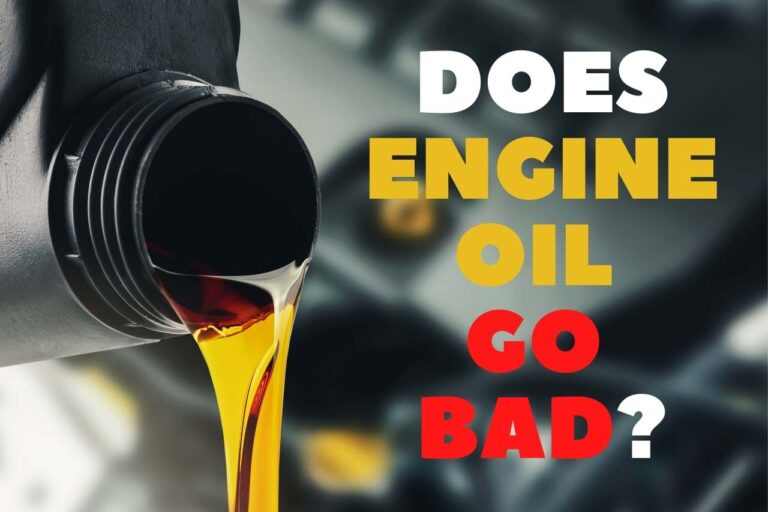What Happens If You Mix Premium and Regular Gas? [Guide]
You’ll see that there are many alternatives available at your neighborhood petrol stations whenever it pertains to fueling your automobile. Although Regular fuel is what most gas-powered vehicles use, some demand Premium. What happens if you mix premium and regular gas?
Quick Response
What happens if you mix premium and regular gas? Combining gasoline classes only changes the octane number of what is already in the container. If you were to blend standard gasoline, grade 87, with premium fuel, grade 91, in exactly equal amounts, you would have an effective outcome rating of 89!
Premium Gasoline: What is it?
Higher octane fuels include premium gasoline. High-performance automobiles typically employ it. The amount of pressure that gasoline could endure without igniting is described by its octane rating.
Engines with high output are typical of high-performance vehicles. Such motors need higher octane fuel to function effectively since their compressors are greater. However, this doesn’t imply that ordinary gas will have an adverse effect on performance—a 91 or higher octane rating.
Regular Gas: What Is It?
The most widely utilized fuel for automobiles is regular gas, sometimes known as unleaded gas. Leaded fuel was formerly considered “regular.” In contrast, lead is no longer allowed to be added to gasoline in the majority of nations. Hence the term “normal gas” now primarily refers to unleaded petrol with such a reduced octane rating.
Regular gasoline has an octane value of 87, and semi-gasoline has an octane number of 89 to 90. Many automobiles run on regular petrol.
What Separates Regular Gas from Premium Gas?
Unleaded crude is used in both premium as well as regular gasoline. An Octane Number, which distinguishes premium gas from standard gas, is the initial thing that must be aware of.
The probability of improper combustion is indicated by the octane rating. The likelihood of a misfire decreases with increasing octane grade. If these misfires, pre-ignition, and engine bangs happen.
Cylinder knock is avoided by using higher octane gasoline; while it’s not a big deal if it only occurs occasionally, it can eventually harm an engine. Premium fuel often has an octane rating of 91 or 93, which really is greater. The 87-octane grade is assigned to unleaded gasoline.
Is Blending Regular and Premium Gas Acceptable?
Yes, with no, respectively. Combining regular and premium petrol might affect how well your car performs. Vehicles that solely use premium gasoline will perform worse when mixed with lesser octane fuel. Other cars that run on standard fuel could struggle to handle gasoline with such a greater octane rating.
While it is not advised, mixing ordinary as well as premium gas isn’t really anticipated to affect your fuel efficiency significantly. If standard fuel is used to fill a vehicle that needs premium fuel, the efficiency may suffer, and an “engine knock” may occur.
What Happens If You Mix Premium and Regular Gas?
When premium gasoline (higher octane) and regular fuel (lower octane) are combined, a fuel tank with such a blend of the two fuel kinds’ octane ratings is produced (mid-grade).
A vehicle’s efficiency is maximized by using increased compression engines, such as those that use electronic fuel injection. Yet, they also produce greater temperature and pressure, which might cause lower-octane gasoline to burn too quickly and result in engine knock.
Engine knock, sometimes known as “pinging,” basically denotes an uneven ignition of the air-fuel combination inside the combustor. While the odd knock is acceptable, frequent knocking can harm crucial engine parts like the piston, crank gears, and cylinder there in the long run.
The higher octane level of premium gasoline makes early ignition less probable. It offers the Electronic Control Unit (ECU) of the automobile enough time to maximize explosion and, consequently, performance and efficacy. Low-octane gasoline is among the most frequent causes of engine knock, while other factors, such as damaged fuel injectors or charcoal buildup, can also contribute.
What Consequences Result From Combining Premium and Regular Gas?
The Danger of Pinging
Since most current automobiles include computer systems to safeguard themselves and ensure safe operation, blended gas ought to have little impact. Older vehicles without such auto computers, though, may begin to ping or make a sound whenever the oxygen-to-fuel ratio ignites too soon due to low-octane gasoline or an improperly timed engine.
To fix this, fill up the tank with premium gas and drive till the octane levels are high enough to silence the noise.
The Blending of Unleaded With Mid-Grade Gasoline
By utilizing mid-grade gasoline rather than blending premium with regular gas to achieve the same octane rating in ordinary gas vehicles that gain rather than suffer from mixed emissions, you may be able to save money overall.
Additionally, as far since both tanks of gas are unleaded, it’s okay to mix and match octane ratings. When you use “leaded” fuel blends on the automobile, you run the danger of car damage or even worse.
Octane Enhancers
If you must use standard gasoline on such a motor that demands premium fuel, that used an octane enhancer is the such approach to keep the engine safe. Fuel additives known as octane enhancers raise the fuel’s octane number.
Summary
What happens if you mix premium and regular gas? If your car doesn’t need premium fuel, mixing premium and regular petrol won’t hurt you. The majority of vehicles requiring premium fuel have high-compression engines that might detonate or knock.
Although it usually is not advised, combining premium and standard gas will not significantly affect a vehicle’s efficiency right away. The few premium vehicles that need higher octane fuel may experience a little speed drop or engine banging.
However, the best course of action is to load up with ordinary petrol if your vehicle needs it. There are no further advantages to using premium gasoline. So if you’re driving a luxury vehicle, fill it with the best fuel possible.
Therefore, don’t be concerned if there aren’t any premium outlets and you’re worried about your car stuttering. Only enough ordinary gas should be topped off to get to the next closest station.
You May Also Like
- Does Engine Oil Go Bad? Motor Oil’s Durability Is Explained
- Why Does The Oil Light Comes On When Braking


Meet Lakith, the driving force behind MyGasMagazine.com. A seasoned mechanic with over 7 years of hands-on experience in our family-run Gas Mag Garage, Lakith combines his technical expertise with a deep passion for cars. His journey in the automotive world began alongside his father, learning the intricacies of car repair and maintenance. Today, as the founder of MyGasMagazine.com, Lakith shares his wealth of knowledge, offering readers a unique blend of practical advice, industry insights, and engaging stories from the vibrant car culture of Sri Lanka.

